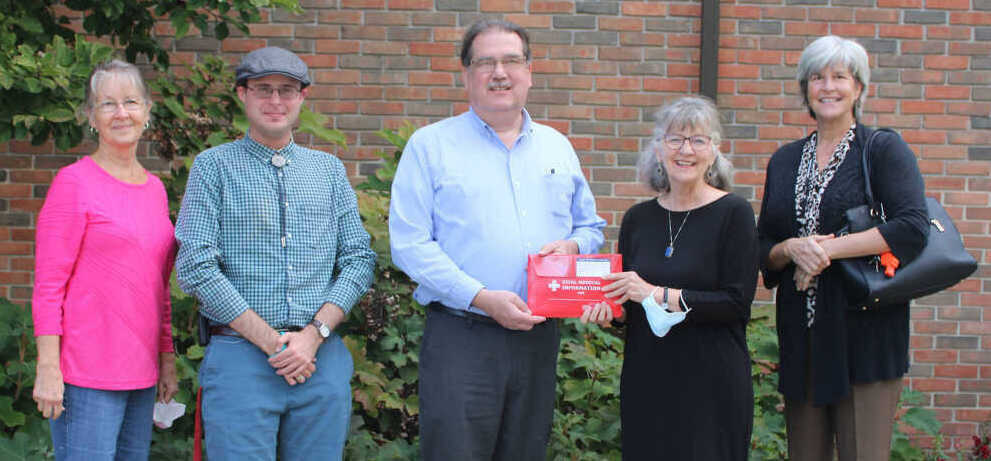- 2023: Ride my see-saw (12/30/23)2
- Five years on: When does it all become ‘enough?’ (6/23/23)3
- 2022: Things fall apart, but they can be rebuilt (12/29/22)1
- Getting at it fundamental to what we do (9/23/22)1
- Getting the hang of a Model T (9/8/22)
- Price: Community buy-in critical for volunteer firefighters (8/30/22)
- If I can be a little more like Ernie Pyle (8/16/22)2

Planning, connecting crucial to end-of-life care

About a week ago, one of my Wabash buddies asked me if I was dying or in hospice. The context is that he saw a Facebook post about me filling out an advance directive.
I was a little alarmed at first. I am a very shy person by nature, and I don't generally like to see others wigged-out at all over anything. The more I ponder the potentiality, though, I still know that I am too honest to keep something like this from my friends. This said, I think how they'd react would separate my friends from the acquaintances.
I explained to him that I was part of a local hospice and palliative care advocacy group, and he in turn said that this is what he thought. Nonetheless, he wanted to make sure.
I should be more clear when I say I have a hospice meeting or will be doing something related. I'm pretty surprised it hasn't happened more. However, this exchange perhaps brought the unpredictability of death — and being prepared for it — into more focus.
Hospice and palliative care professionals and advocates across the country recognize November as National Hospice and Palliative Care Month. Call this a shameless plug here, but the Putnam County Hospice and Palliative Care Association (PCHPCA) is now taking big steps in our efforts to educate our community about the end of life.
For me, pre-planning is the crux behind having effective hospice and palliative care. It is certainly also about how families can have peace of mind caring for their loved ones, and being able to do so in accordance with how the dying would want to be treated. The hurdle, as I have provided in previous posts, is that our society doesn't "do" death.
Think about it this way, though: Planning for your death now is much better than you — and maybe only your family — trying to sort it out with a crisis of wants and needs.
The PCHPCA, specifically the community education side, is now rolling out our Vital Medical Information File. It is a magnetic envelope designed to hold one's medical information and documents such as advance directives and contact information. This would be readily available to first responders and family members in an emergency.
We have connected with police, medical and fire personnel to help get the File out to people. From my purview, they are the ideal partners because of the very nature of their jobs. I hope this initiative opens up conversations between them about planning.
Apart from our efforts, this is a time for all of us to think more about about end-of-life care and what matters the most to us. It is not a matter of if, but about when and how.
Posting a comment requires free registration:
- If you already have an account, follow this link to login
- Otherwise, follow this link to register
